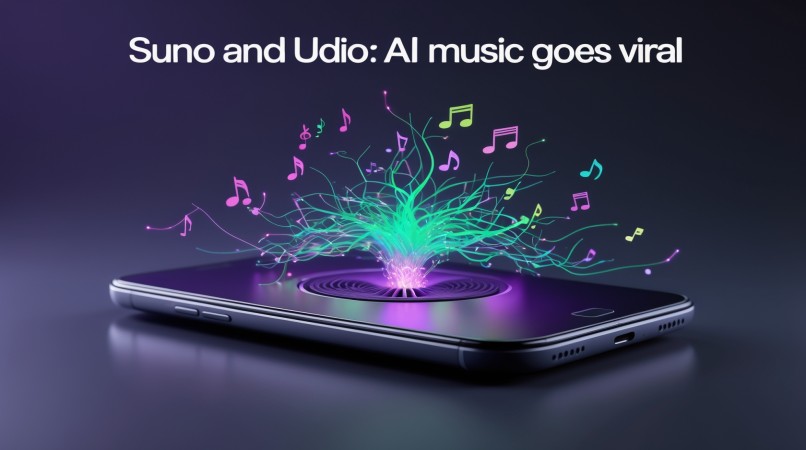
The disruptive power of AI has now firmly arrived in the music industry. Two startups, Suno and Udio, have released AI models that are captivating millions by generating complete, high-quality songs—including convincing vocals, instrumentation, and structure—from simple text prompts. A user can type in a genre, a topic, and a mood (e.g., "a 90s grunge song about a robot learning to love with distorted guitars") and receive a full, coherent track in seconds.
The viral success of these platforms demonstrates a staggering leap in AI's creative capabilities. It democratizes music creation, allowing anyone to become a "composer" without needing technical skill. However, it also poses an existential threat to musicians, producers, and songwriters, raising urgent and complex copyright questions. The music industry is already responding with lawsuits, alleging that these models were trained on vast datasets of copyrighted music without permission or compensation. The battle will likely define the future of creative AI, determining how the rights of human artists are protected in an era of infinitely generative content.